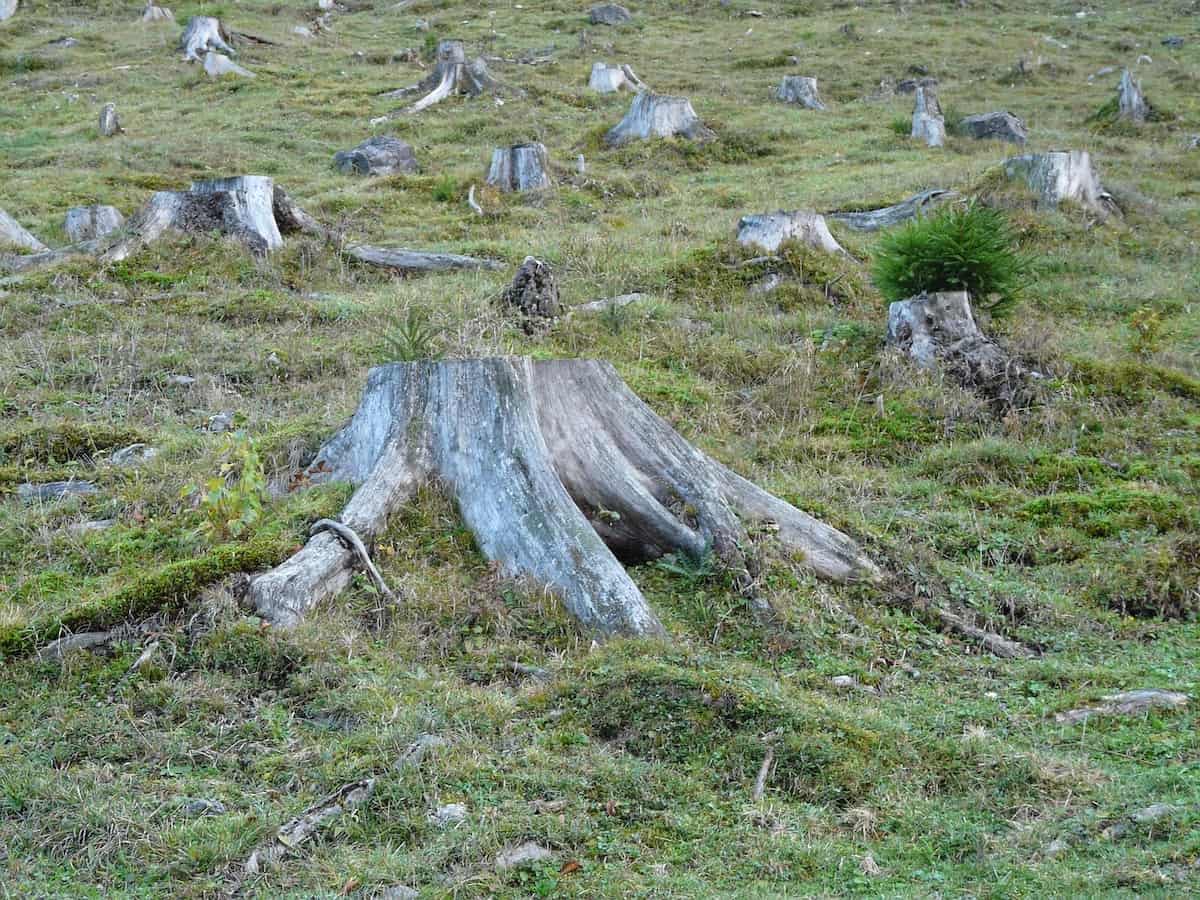The European Union (EU) has long been a global leader in environmental protection, and its latest move – the EU Deforestation Regulation – is a testament to its commitment to safeguarding our planet’s future. This regulation is a significant step forward in the fight against deforestation, but has far-reaching implications for businesses and supply chains, as it targets products that have a huge foothold in different consumer goods industries and their sub-sectors.
What is the EU Deforestation Regulation?
The EUDR is a comprehensive legislative measure aimed at curbing the availability and export of commodities and products associated with deforestation and forest degradation within the EU market. These include cattle, soy, palm oil, coffee, timber (wood), rubber, and cocoa. The law was enacted by the European Parliament and the Council on 31 May 2023, and has entered into force as of June 29, 2023.
The regulation acknowledges the environmental, economic, and social benefits of forests, recognizing their role in maintaining ecosystem functions, protecting the climate system, and providing livelihoods for approximately one-third of the world’s population. It also highlights the severe consequences of deforestation and forest degradation, including the reduction of essential carbon sinks and the increased risk of new diseases and pandemics.
An infographic by satellite data analytics company LiveEO, which offers deforestation detection, breaks down the complex legislation.

Why is the bill important?
Deforestation and forest degradation are occurring at an alarming rate, contributing significantly to global warming and biodiversity loss. The EU’s consumption is a significant driver of these environmental issues on a global scale. The regulation aims to combat this by reducing the impact of the Union’s consumption on deforestation, promoting sustainable trade, implementing ambitious environment and climate policies, and working in partnership with producer countries.
The regulation is a crucial part of the measures needed to reduce greenhouse gas emissions and comply with the Union’s commitments under the European Green Deal and the Paris Agreement. It also seeks to combat biodiversity loss and comply with the Union’s commitments under the UN Convention on Biological Diversity.
Who Needs to Comply & How
The regulation applies to companies operating within the EU that deal with commodities and products associated with deforestation and forest degradation (see infographic), which need to ensure that their supply chains are deforestation-free. This involves conducting due diligence to identify and address deforestation risks in their supply chains, sourcing commodities and products from sustainable and certified sources, and implementing traceability systems to track the origin of commodities and products.
Businesses are also required to adopt sustainable practices in their operations. This could include implementing sustainable agricultural practices, reducing waste, and minimizing their carbon footprint. They will need to report on their efforts to combat deforestation, as well as disclose information about their supply chains. Publishing annual sustainability reports, participating in third-party audits, and disclosing information to regulatory authorities will be part of this effort.
In addition, companies are encouraged to work in partnership with other stakeholders, including local communities, non-governmental organizations, and governments, to address deforestation. This could involve participating in multi-stakeholder initiatives, supporting local conservation efforts, and contributing to sustainable development projects.
Implications & Effects
The bill’s potential effects on supply chains globally must be addressed. Because the regulation covers such a large dimension, it may have an enormous impact on supply processes, and not just in Europe. Many if not most of the newly regulated commodities come from sources outside of the EU, meaning their respective regions of origins could suffer from over-supply and/or under-demand.
Cocoa, for example, has tremendous popularity in Europe, and nearly all of it is imported. Businesses of all sizes dealing with the commodity may experience supply issues arising from the regulation as they seek to comply with it.
A similar statement can be made about every other commodity being affected, especially since consumer goods like palm oil are key in a variety of markets (palm oil is commonly used in make-up, placing it in the cosmetics as well as the food industry).
Rubber, cattle and wood are also examples of multi-product commodities. Cattle provide meat, but consider their role in fashion and textiles because of leather. Rubber is used mainly in tires and the automotive industry (that sector accounts for 65% of all rubber use), but also things like regular appliances and clothes.
Wood is likely the most far reaching one, since it’s used in so many different products within manufacturing and entertainment. For this reason, it’s encouraged to act now to begin monitoring suppliers’ links to deforestation, in order to prepare for the bill’s enforcement in 2024.
Though it is a significant step towards a more sustainable future, the EUDR’s effects on supply chains will be unpredictable until the legislation comes into force in 2024. Positively, it not only addresses a critical environmental issue but also sets a precedent for other regions to follow.
Companies will have to take action and potentially make significant changes to their operations, but will also play a crucial role in protecting our planet’s forests and, ultimately, our future.

